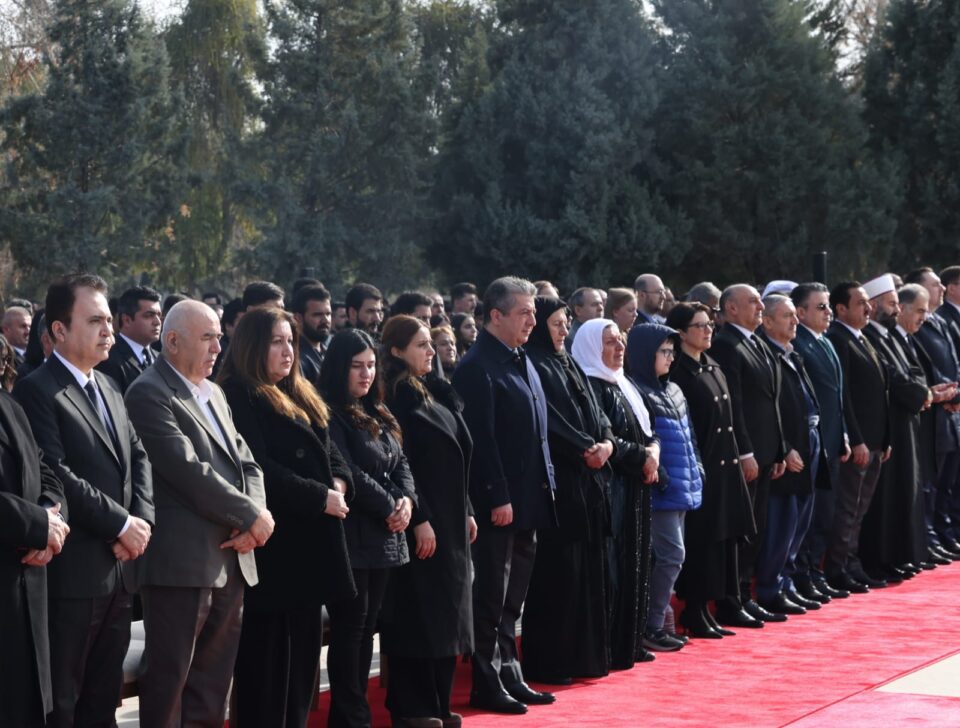Terror Strikes on Eid al-Adha
On February 1, 2004, as Kurdish citizens gathered to celebrate Eid al-Adha, two suicide bombers launched coordinated attacks against the main Kurdish political parties in Erbil, the capital of the Kurdistan Region. The bombers targeted the headquarters of both the Patriotic Union of Kurdistan (PUK) and the Kurdistan Democratic Party (KDP), killing more than 100 people and wounding over 200 others. Among the victims were party and government officials, Peshmerga fighters, and civilians who had come together for the religious holiday celebrations.
Political Context and Motivations
The attacks came at a critical juncture in Kurdish politics, as the two major parties were working to overcome historical divisions. The KDP and PUK were in the process of ending their dual administration system and moving toward a unified governance structure for the Kurdistan Region. The timing and targeting of both parties simultaneously suggested a deliberate attempt to derail this reconciliation process and maintain political divisions within the Kurdish society.
Legacy of Resilience
Contrary to the attackers’ intentions, the tragedy served to strengthen Kurdish unity rather than fragment it. The Kurdistan Regional Government emerged from the crisis with enhanced cooperation between political factions and a renewed commitment to protecting constitutional rights. As emphasized by Kurdistan Region President Nechirvan Barzani in recent commemorations, the attacks ultimately reinforced the resolve of the people of Kurdistan to stand together. The PUK’s subsequent statement reflected this sentiment, declaring that “the best loyalty to the souls of our martyrs is to further consolidate the unity of Kurdistan’s political forces and parties.”
The anniversary of the February 1 bombings has become a significant date in Kurdish history, marked by solemn ceremonies such as the recent memorial at Sami Abdulrahman Park in Erbil, where Kurdistan Region Prime Minister Masrour Barzani laid a wreath at the martyrs’ monument. The event serves as both a reminder of the sacrifices made by the people of Kurdistan and a symbol of their determination to maintain peace and stability in the region. Despite the devastating loss of life, the attacks ultimately failed in their objective to divide the Kurdish people, instead becoming a catalyst for greater political cooperation and unity in the Kurdistan Region.
The Kurdish Globe

